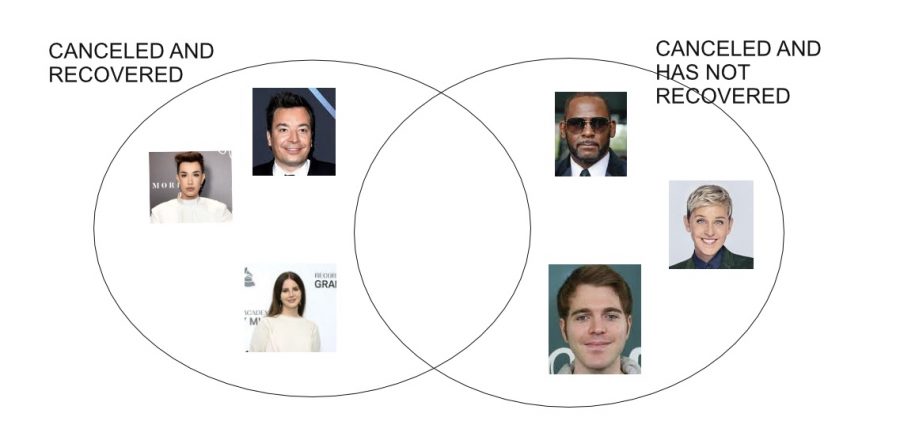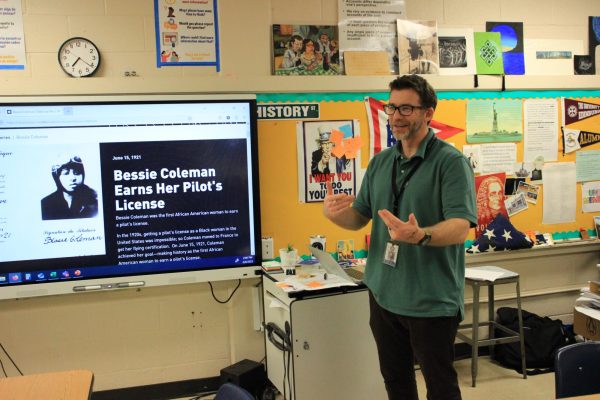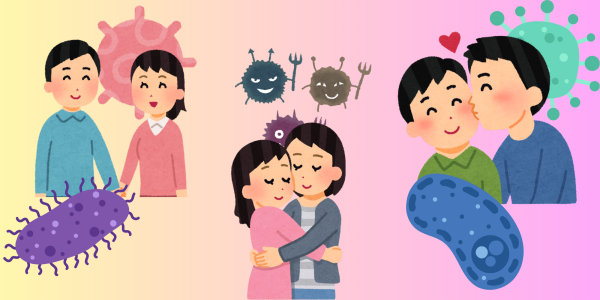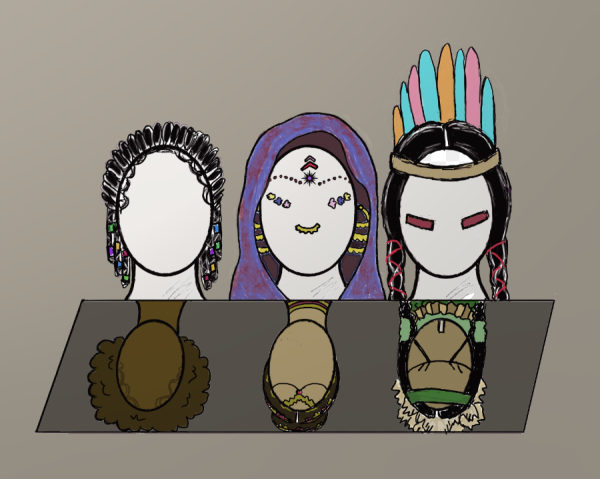The cons of cancel culture
In 2020, “canceling” has taken on a new meaning: calling out public influencers.
“Cancel culture” is a process in which fans withdraw support from a public influencer after they have been found to have acted in a problematic or offensive way. This can be done through slander, shaming and by attempting to revoke the influencer’s media platform.
“The media helps spread the news that this celebrity is ‘cancelled’,” Kai Hawkins (12) said. “Most of the time, people get cancelled based on what they’ve posted on the internet.”
There is a wide range of reasons behind cancel culture. Most of them relate to human rights and activism.
“I think these are all legitimate reasons because there is no excuse to be blatantly racist, homophobic, transphobic, sexist or anti-semitic,” Hawkins said.
While initially, the premise of cancel culture seems productive, it has been found to have adverse effects in practice. Instead of encouraging development, cancel culture can potentially ruin an influencer’s reputation over dated incidents and humor that was socially acceptable at the time.
“At first, I thought it was good that people were being called out and would face the consequences of their actions, but it soon became toxic because people were finding any reason to cancel a person and even wrongfully accusing people,” Charity Osedo (11) said.
Some parts of the media have been known to extend information about celebrities to reach a wider audience. Because of this, the media has a large impact on the reception of offensive acts.
“The media feeds into the need for people to cancel someone,” Felix Gilbert (10) said.
A negative theme of cancel culture is how it implies the need for perfectionism on all public figures. The need to be unproblematic has been found to outweigh the need for growth.
“[Cancel culture] pushes unreal expectations on celebrities and oftentimes fans take it too far,” Gilbert said. “One simple slip up can lead to consequences.”
In the end, cancel culture stands a chance at permanently damaging an influencer’s reputation, leaving them with little opportunity for growth and character development.
“I think instead of calling out a person and just hating on them, people should provide resources and information on why what they’re doing, or what they used to do, is wrong,” Hawkins said.
While many people online consider cancel culture to be inherently flawed, there may still be ways in which it can be improved through education instead of defamation.
“One massive way would be to change it from ‘cancel culture’ to ‘calling out culture.’” Osedo said. “[People] could all out their favorite celebrities and artists and have them take accountability for their actions in the past or encourage them to educate themselves on certain issues to avoid incidents in the future.”
Your donation will support the student journalists of White Station High School. Your contribution will allow us to purchase equipment and cover our annual website hosting costs.









































